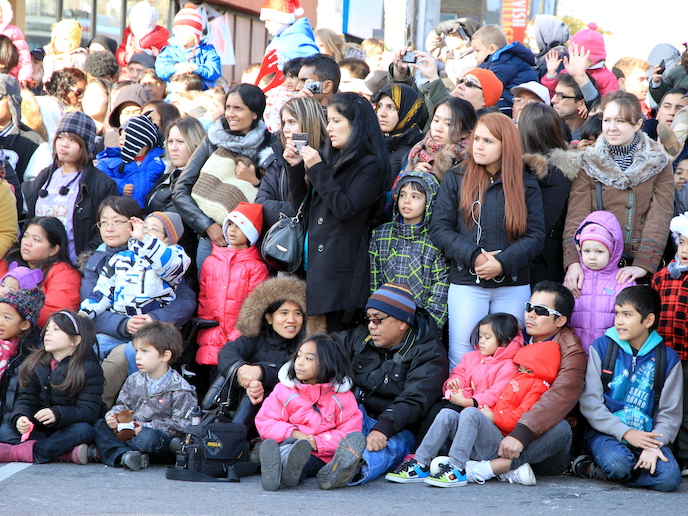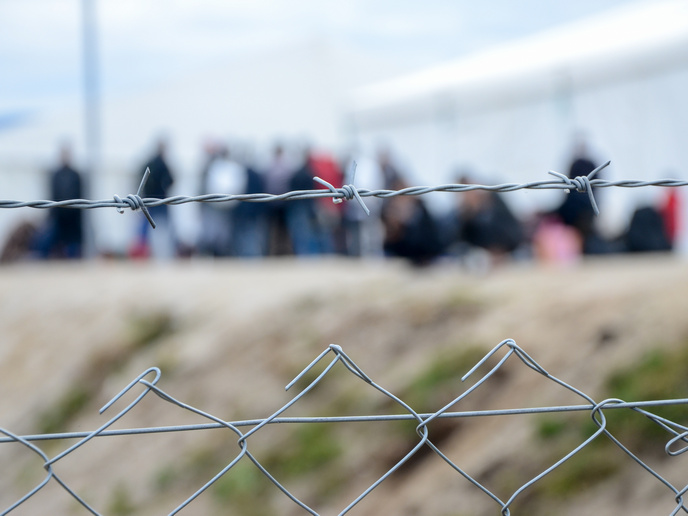Listening key to fostering genuine intercultural dialogue
Transatlantic slavery, the treatment of indigenous peoples, the imposition of Eurocentric legal and constitutional norms on colonial subjects; these are all examples of historical processes that were inseparable from ideas of Eurocentric power and racial (and cultural) superiority. “Many of these ideas and attitudes live on – as echoes of the colonial past,” explains ECHOES(opens in new window) project coordinator John Oldfield, professor of Slavery and Emancipation at the University of Hull(opens in new window) in the United Kingdom. “The recent COVID-19 pandemic, for instance, exposed deep economic inequalities, and there have been accusations that the Global South has been all but absent in scientific collaborations related to COVID.” In addition, Oldfield notes that the massive global protests following the murder of George Floyd in May 2020 often involved the pulling down of statues in European public spaces associated with European colonialism. “By confronting this entangled history, we wanted to ‘Europeanise’ difficult colonial heritage,” he adds. “‘Silencing’ Europe’s colonial history and heritage is problematic, not only for Europe’s global status and reputation, but also for those marginalised by these historical processes, many of them migrants from Europe’s former colonies.”
Listening to other voices
The ECHOES project began by conceptually defining the notion of colonial heritage. “What does this mean, and what does it stand for?” asks Oldfield. “Heritage is not a ‘thing’ – a specific set of white achievements – but is rather a discourse. It is a way of thinking and writing about objects and phenomena. In effect, we are talking about a much more expansive and inclusive notion of heritage.” Oldfield and his team worked with museums, such as the Amsterdam Museum(opens in new window) and the Museum of Warsaw(opens in new window), which have been at the forefront of efforts to decolonise their collections. Many contemporary artists have also been interrogating the colonial past in new and exciting ways. “Citizens groups too have helped to challenge official narratives of European heritage, through walking tours, performances or cultural events,” says Oldfield. “Again, we mapped a lot of this activity in detail, from Bristol to Marseille, from Lisbon to Rio de Janeiro, from Cape Town to Amsterdam.” Throughout, the ECHOES project emphasised the importance of grassroots movements and independent cultural actors such as artists, curators and heritage practitioners. “These actors bring with them a wealth of experience and knowledge that needs to be incorporated into heritage practices,” remarks Oldfield. “This involves ‘active listening’, an approach to listening that is based on a genuine interest in the other’s perspective.”
A new diplomacy
These new approaches to understanding European colonial history will help to influence fields such as history and heritage, political science and museology. Oldfield notes that the so-called migrant crisis, COVID and #BlackLivesMatter have all energised debates about culture and heritage. “We advocate what we call a ‘new diplomacy’, a kind of reinvigoration of international cultural relations,” he says. “Listening, and the ability to foster genuine intercultural dialogue, are skills that policymakers and EU professionals at all levels need to exercise routinely. We believe that these debates provide an opportunity for Europe to rethink its relations to its colonial past.” In other words, the history of colonialism needs to find its place in contemporary narratives of Europe. “This difficult history should be a productive element in Europe’s engagement with the wider world, rather than an uncomfortable silence haunting its past, present and future,” concludes Oldfield.







